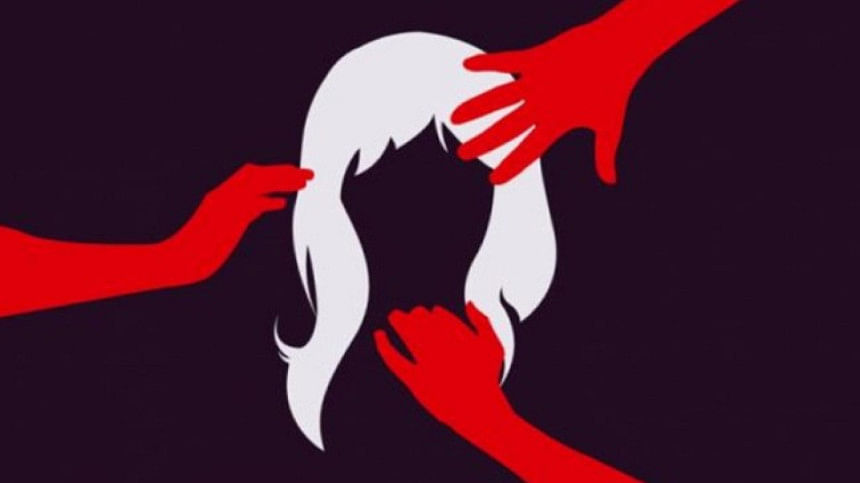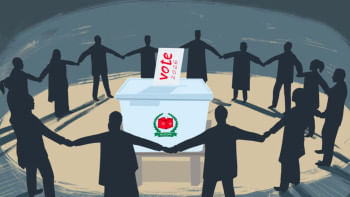Why rape happens

Understanding rape, those who rape and why they do it can be rather complex. Some ask, "Are they so sexually driven that they would ruin someone's life for it?"
Often, we forget the motive might be to ruin it in the first place.
For decades, a damaging myth has suggested that rape stems from overwhelming sexual urge. However, research since the 1970s has shown that rape is fundamentally an act of violence, control, and humiliation.
Psychologists and criminologists have long emphasised that sexual violence is a weapon to strip victims of their autonomy and humanity. Once a victim is powerless, it becomes easier for perpetrators to treat them like objects, justifying their brutality.
In some cases, rape is driven by deep-seated rage or resentment, not necessarily toward the individual victim, but at an entire group they represent, such as women, certain ethnicities or communities, and sometimes even animals.
In many instances, the urge to rape comes from the perpetrators' feeling of insecurity about their place in society.
In other instances, rape becomes a deliberate tool of oppression, a weapon of war. In conflict zones, sexual violence is used to terrorise, destabilise, and dominate populations. We saw this in the 1971 Liberation War, we saw this in the Balkans, we have witnessed it Israel's atrocities against Gaza.
This understanding—that rape is about power, not lust—has radically transformed legal and support systems across much of the world. In countries like Canada, Australia, and Sweden, the legal definition of rape has expanded beyond "penile-vaginal penetration" to recognise all non-consensual sexual acts and criminalise marital rape.
In Canada, marital rape was officially recognised as a crime in 1983, while in Sweden, laws now focus on the absence of consent rather than proof of resistance. Recently, Bangladesh's Women's Reform Commission publicly addressed marital rape as a crime for the first time—a long overdue step, opposed by those entrenched in patriarchy.
Since the 1990s, rape has been recognised internationally as a weapon of war and a crime against humanity and not merely a byproduct of conflict. Meanwhile, therapists and advocates have come to understand that trauma can manifest as freezing, dissociation, or delayed reporting -- all normal trauma responses.
Giving survivors control over what happens next, whether to report, seek therapy, or access medical care, has become central to helping them reclaim the agency that rape attempts to steal. At the heart of all these changes is a simple truth: rape destroys autonomy and dignity, and justice and healing must restore them.
When we think of rape as a "power play," it's tempting to imagine violent, obvious cases. But power can be far more insidious. Workplaces, universities, and even relationships can harbour silent, crushing power imbalances.
If a senior colleague propositions a junior employee, the imbalance alone may make refusal difficult, even without explicit threats. Career prospects, reputations, and financial security may feel at stake. Many survivors stay silent, put on a brave face, or pretend normalcy just to survive.
For example, in the #MeToo movement, many women revealed how men in positions of power in Hollywood, media, and politics used their status to manipulate, exploit, and coerce them into sexual situations. Yet many are still too fearful to speak out. In male-dominated institutions, powerful people often shield one another, making it harder for survivors to be heard without being labelled as "troublemakers."
The BBC scandal and Harvey Weinstein's decades of predatory behaviour in Hollywood exemplify how powerful individuals protect one another, silencing victims in the process, because sexual violence thrives wherever power goes unchecked.
While much of the world has made strides in confronting rape and sexual violence, the subcontinent remains stuck in a deeply entrenched culture of victim-blaming, silence, and systemic neglect.
In India, Bangladesh, and Pakistan, despite rising rape cases in the media, support systems and legal frameworks are often underdeveloped or fail survivors.
In Bangladesh, the long struggle to address marital rape underscores the slow pace of change. Even though the Women's Reform Commission recently addressed the issue, survivors, especially those within marriage, still face stigma and are pressured to remain silent.
Victim-blaming in the subcontinent means survivors are often treated as perpetrators, leaving them trapped in cycles of trauma without the support they need.
A chilling example is the case of Lamia, a 17-year-old in Bangladesh who, after being gang-raped, tragically took her own life as she was unable to tolerate the trauma and subsequent judgement.
When rape is seen as the victim's fault, those like Lamia rarely receive the care or justice they deserve. The lack of mental health support and widespread victim-blaming makes it nearly impossible for many to rebuild their lives after such assaults.
In a region where patriarchal norms hold immense power, silence is imposed on victims, and powerful institutions shield perpetrators, leaving survivors abandoned.
It is time to face the truth: rape is not a result of lust. It is a weapon deliberately wielded to break bodies, silence voices, and erase dignity.
Rape isn't about desire. It's about domination. And domination ends where justice begins.

 For all latest news, follow The Daily Star's Google News channel.
For all latest news, follow The Daily Star's Google News channel. 








Comments